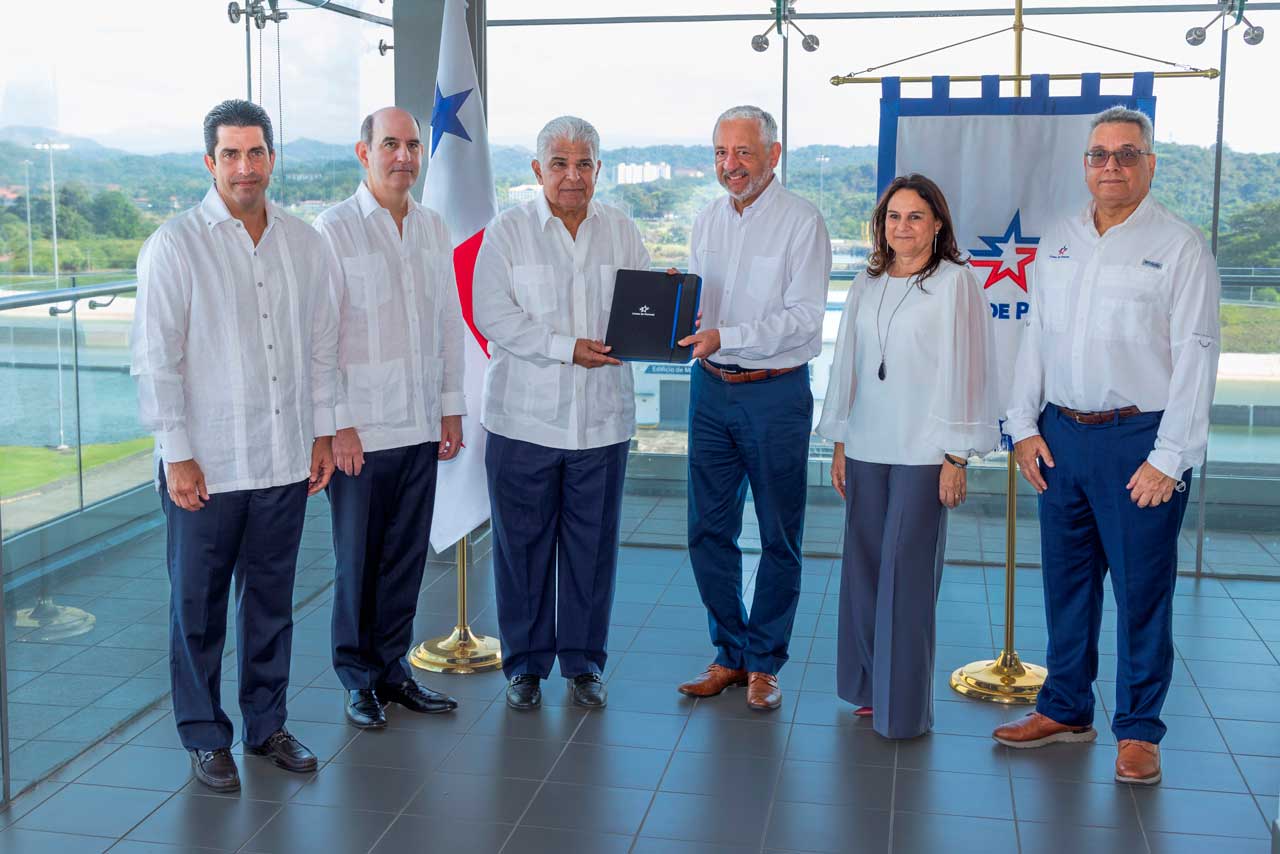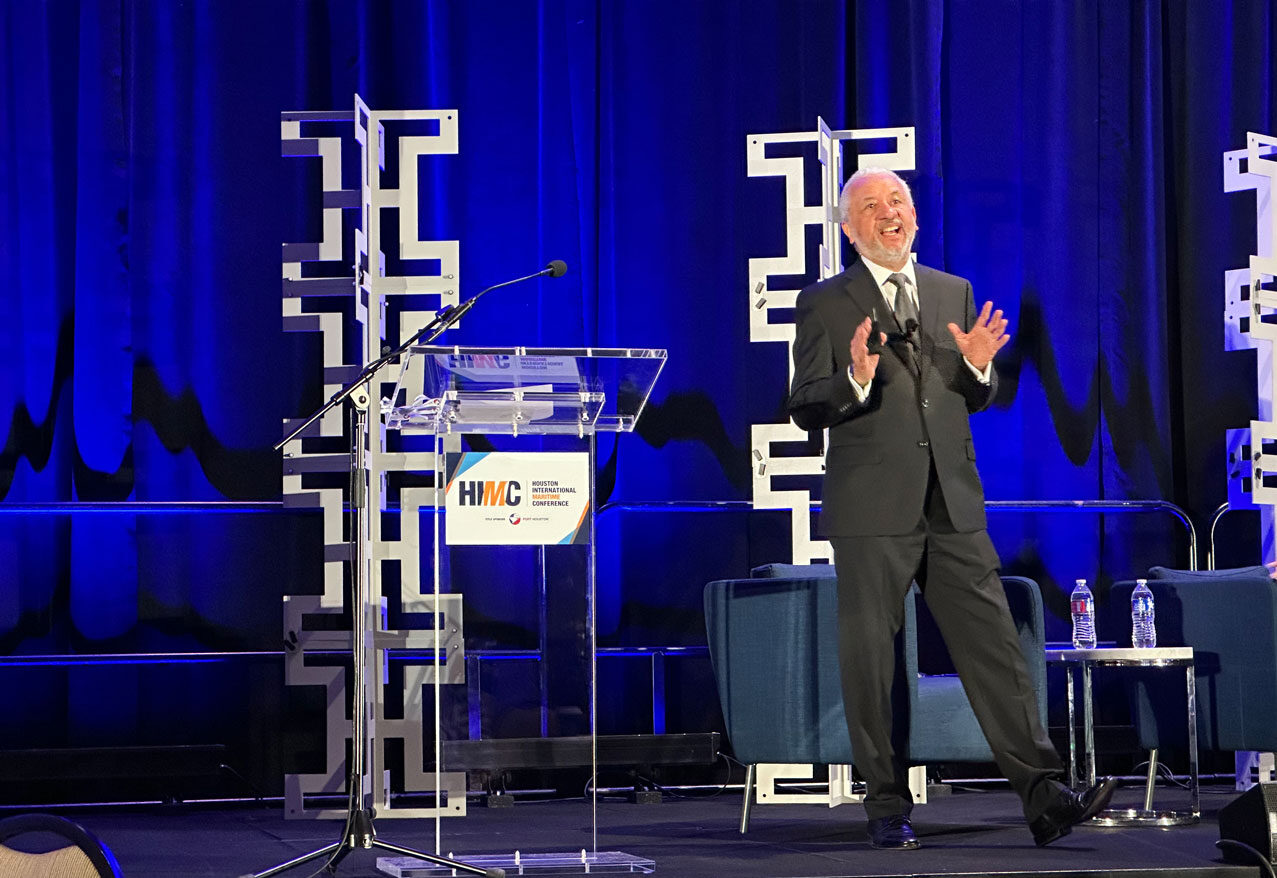Panama City, Panama, December 10, 2018 – The Panama Canal signed a Memorandum of Understanding (MOU) with Port of Itaqui, located in the northeastern region of Brazil, to promote the shipmen tof grains and other cargoes in the commercial route between the north of Brazil through the Panama Canal to destinations located in the Pacific Ocean.

The Port of Itaqui, located in São Luís, Maranhão, is the Brazilian port closest to the Panama Canal and has the infrastructure and connectivity necessary to move these exports to markets in Asia. With this agreement, the Panama Canal looks to promote the use of the Panamax Locks for grain transits originating in northern Brazil and traveling to markets in Asia.
“We look forward to a very productive relationship while we work together on our mutual objectives of improving and facilitating global trade,” said Panama Canal Administrator Jorge L. Quijano.
The agreement will allow the Panama Canal and Port of Itaqui to conduct joint marketing activities and exchange market studies and information on trade flows to support modernization and improvement programs.
“This agreement is very important to enable the handling of grains to Asia through the Canal, providing even more competitiveness to Itaqui and already contemplating the growth of grain handling by the northern arch ofBrazil,” said Maranhão Port Administration Company President Ted Lago.
According to the agreement, “both parties would like to cooperate in creating awareness of the benefits that derive from the Panama Canal Expansionand the optimization of the internal transportation that is used to movesoybeans and other cargoes from Brazil through the Panama Canal.”
Today, Brazil ranks among the main producers of grains worldwide and growthprospects are encouraging. In 2017, the port moved 19.1 million tons ofcargo, becoming an important logistic corridor for the central-western regionof Brazil.
The MOU’s signing comes at a time when Brazilian grain exporters are enjoyingconsiderable increases in shipment volumes. From a Panama Canal trafficstandpoint, dry bulk vessels transporting grains and other dry commoditiesaccounted for roughly 22.2 percent of the waterway’s total oceangoingcommercial transits during its fiscal year 2018, which covers the period fromOctober 1, 2017 to September 30, 2018.
About the Panama Canal Authority (ACP)
The Panama Canal Authority (ACP) is an autonomous legal entity of the Republic of Panama in charge of the operation, administration, management, preservation, maintenance, and modernization of the Panama Canal, as well as its activities and related services, so that the Canal may operate in a safe, continuous, efficient manner. For more information, please refer to the ACP’s website: http://www.pancanal.com or follow us on Twitter @thepanamacanal.




